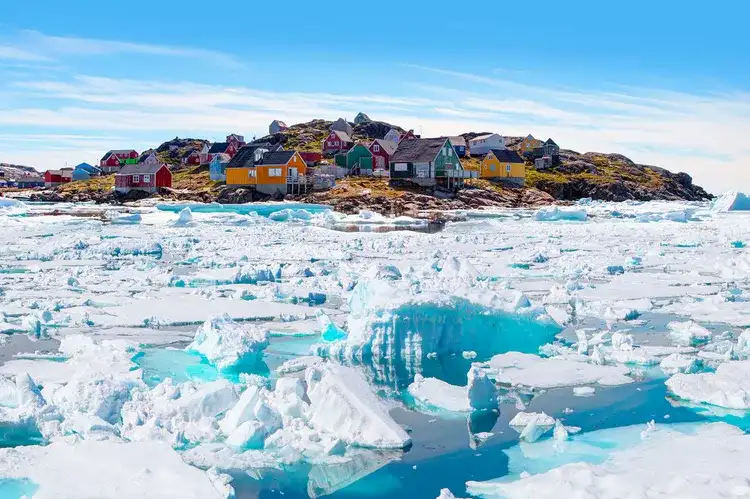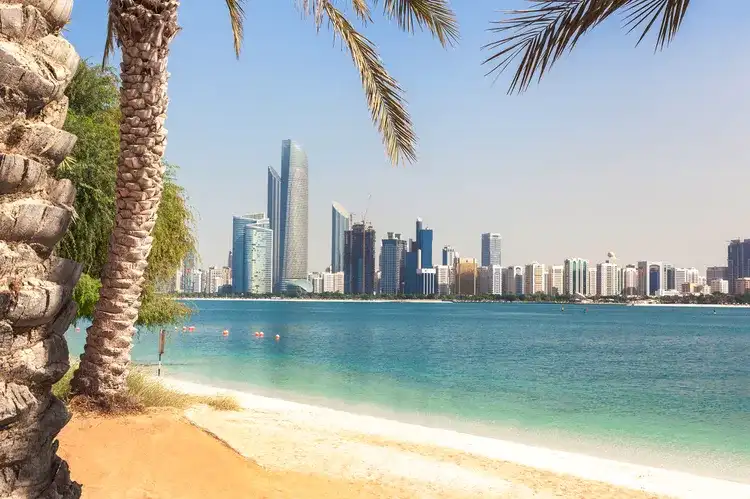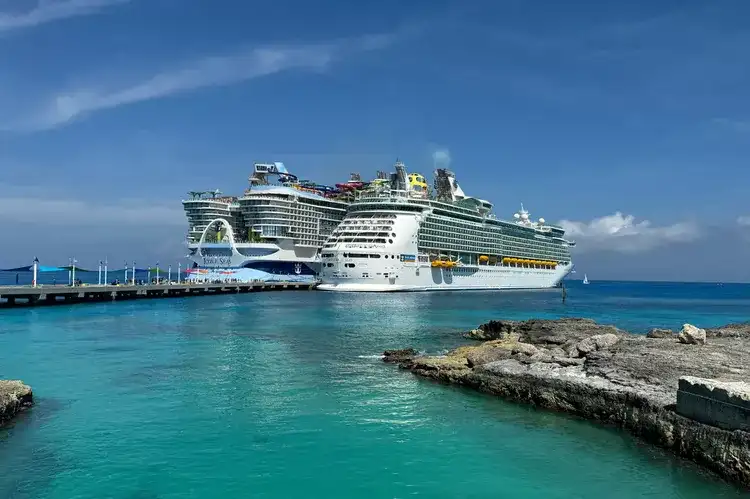Natural Habitat Adventures, a leader in sustainable travel, is teaming up with the World Wildlife Fund (WWF) to offer a new wave of journeys that go far beyond traditional sightseeing. These tours not only take travelers to some of the planet’s most remote and threatened destinations – like Greenland, the Arctic, and the Amazon – but also aim to turn guests into dedicated climate advocates.
The collaborative program, called Climate Change & Our Wild World, immerses travelers in the stark realities facing the world’s most vulnerable regions. Participants witness the melting glaciers of Greenland, the precarious future of polar bears in the Canadian north, and the fragile biodiversity of the Amazon. By seeing these changes up close, guests gain a new perspective on the climate crisis – and on their own ability to help.
The inaugural Greenland tour is set for August 2025 and will focus on the island’s little-visited east coast. Here, travelers will observe firsthand how rising temperatures are accelerating the melt of Greenland’s ice sheet, fueling global sea level rise. In November, the program heads to Churchill, Manitoba, where retreating Arctic ice is putting polar bears at risk. Later in the month, a journey through the Amazon’s Pacaya Samiria Reserve brings guests face-to-face with pink river dolphins, scarlet macaws, sloths, and monkeys in one of the world’s most diverse ecosystems.
As “last chance tourism” grows more popular, Nat Hab and WWF are working to ensure their trips benefit – not harm – the places they visit. Groups are kept small (about 10 people), and each journey features presentations from leading conservationists, many affiliated with WWF. These experts provide insights that are both deeply scientific and practical for everyday life, helping guests understand the complexities of the climate crisis and what can be done to address it.
“These trips are creating the next generation of climate advocates,” said Court Whelan, chief sustainability officer at Nat Hab. “Participants return home more knowledgeable, inspired, and motivated to pursue solutions than most people in the world.”
Importantly, Nat Hab offsets each traveler’s carbon footprint – more than double the average annual emissions of a U.S. resident – by funding projects in countries hit hard by climate change, such as Ethiopia, Indonesia, and India. Projects are carefully vetted through third-party verification and prioritized based on their alignment with United Nations Sustainable Development Goals. This commitment ensures that offsets are valid and impactful, not just empty promises.
Ultimately, Nat Hab hopes these efforts will inspire travelers to think more critically about their own environmental impact and consider offsetting emissions in their everyday lives. As Whelan explained, “Our main focus is to raise awareness about emissions and show travelers what’s possible. With knowledge comes action, and these trips are about turning understanding into advocacy.”








